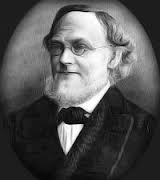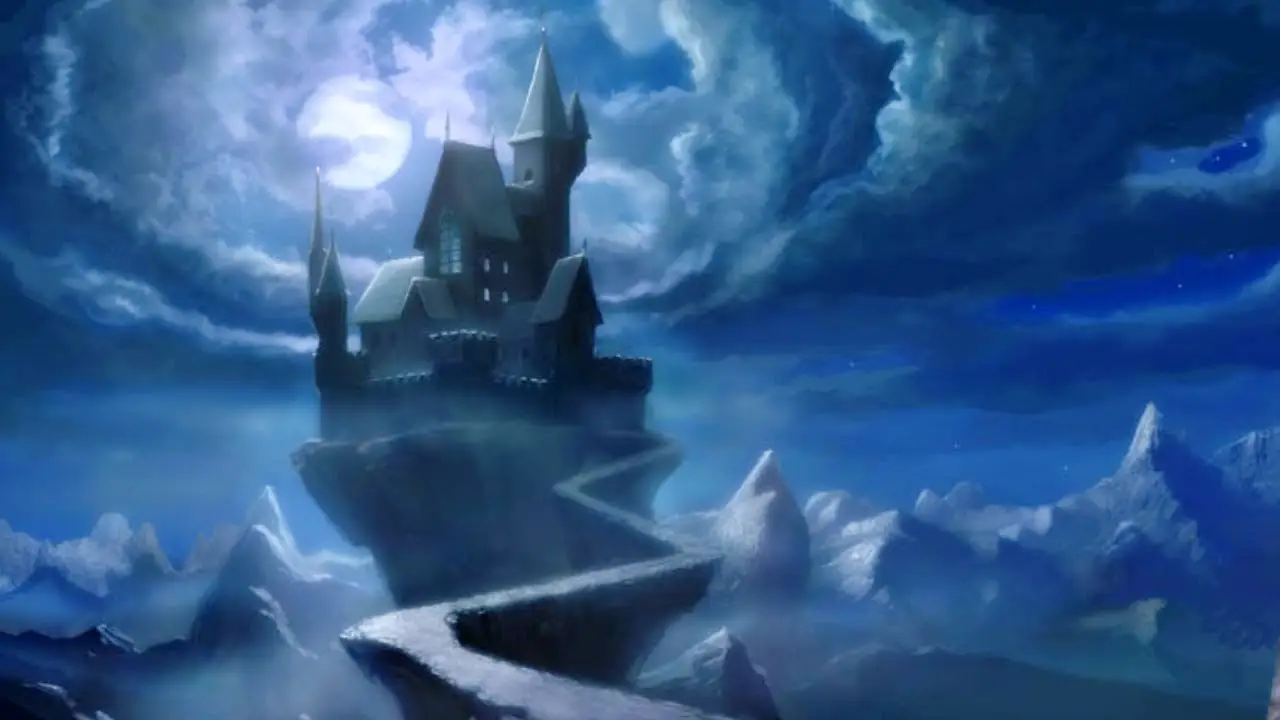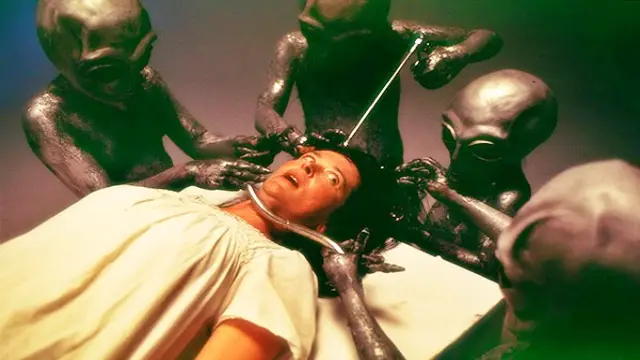 Hownwould you like to be known for a conjecture?
Hownwould you like to be known for a conjecture?
n
n
n
nSomenof you may be thinking, “I don’t know, what’s a conjecture?”
n
n
n
nAnconjecture in mathematics is what a hypothesis is in science:
n
na good,neducated “guess,” a possible explanation of how the universenworks (in science) or how a number system works (in math).
n
na good,neducated “guess,” a possible explanation of how the universenworks (in science) or how a number system works (in math).
n
n
n
nAnothernway of defining conjecturenis that it is a conclusion reached on the basis of incompleteninformation. n
n
n
n
nAnconjecture is not a proof.nAbsolute proof is impossible in science, but in mathematics a proofnis a logical argument that establishes a fact or truth. AndnGoldbach’s Conjecture (the thing he is most famous for) has nevernbeen proved. It is one of the oldest and best-known unsolved problemsnin all of mathematics.
n
n
n
nThenconjecture is that every even integer (counting number) larger than 2ncan be expressed as the sum of two prime numbers.
n
n
nTonunderstand this conjecture…
n
n
n
nYounhave to know what even numbers are: they are numbers that can benevenly divided by 2. The even numbers larger than 2 start 4, 6, 8,n10, 12 and go on and on to infinity. Because there are an infinitennumber of integers larger than 2, we can never just test them all andnprove Goldbach’s Conjecture.
n
n
n
nYounalso have to know what prime numbers are: they are numbers that havenno factors other than one and themselves. In other words, therenaren’t two numbers that can be multiplied together to form a primennumber—other than (obviously) the number itself times one.
n
n
n
nSonnumbers like 9 and 10 are not prime because they have factors like 3nand 2 and 5. Check it out:
n
n
n
n9n= 3 x 3 10 = 2 x 5
n
nANDn(obviously) AND (obviously)
n
n9n= 1 x 9 10 = 1 x 10
n
n
n
nNumbersnlike 5 and 7 are prime because they only have the obvious factors:
n
n
n
n 5n= 1 x 5 7 = 1 x 7
n
n
n
nThennumber 2 is also considered prime because it only has the obviousnfactors:
n
n
n
n 2n= 1 x 2
n
n
n
 |
| There doesn’t appear to be a pattern to easily find prime numbers. Notice, however, that except for the first few prime numbers, all prime numbers end with a 1, 3, 7, or 9. |
n
n
nButnthe number 1 is special and is not considered prime. (If you want tonknow why, see PrimePages.)
n
n
n
nTherenare lots of other prime numbers—in fact, an infinite number ofnprime numbers. Here is a partial list of prime numbers: 2, 3, 5,n7, 11, 13, 17, 19, 23, 29, 31…and on and on.
n
nThe largest primennumber we know so far (as of February 2013) has 17,425,170 digits. Itnisn’t the number 17,425,170, itself (obviously), but that is how manynnumerals are in the number. That’s a pretty big number, and it took ancomputer to come up with it.
n
nJust see how large this number is:
n
nThe largest primennumber we know so far (as of February 2013) has 17,425,170 digits. Itnisn’t the number 17,425,170, itself (obviously), but that is how manynnumerals are in the number. That’s a pretty big number, and it took ancomputer to come up with it.
n
nJust see how large this number is:
n
n
n
n
n 1,000,000,000,000,000,000,000,000,000,000,000,000,000,000,000
n
n
n
n
n…andnnote that it is only 45 digits long! So that largest prime numbernis…
n
n
n
n…well…
n
n
n
n…really,nreally large!
n
n
n
nOkay,nback to the conjecture:
n
n
n
n 4nis an even number larger than 2. n
n
n Testingnto see if it can be expressed as the sum of 2 prime numbers, we comenup with:
n
n
n
n
n 4n= 2 + 2
n 4n= 2 + 2
n
n
n
n Hownabout 6 and 8 and 10?
n
n
n
n 6n= 3 + 3 8 = 3 + 5
n
n 10n= 3 + 7 AND 10 = 5 + 5
n
n
n
 |
| This graph shows that, the higher the even number, the more sets of prime numbers that add up to that number. |
n
n
n Higherneven numbers can be expressed as the sum of several sets of primennumbers. Check out all the ways we can add two prime numbers to maken100:
n
n
n
n 3n+ 97 = 100 11 + 89 = 100
n
n 17n+ 83 = 100 29 + 71 = 100
n
n 41n+ 49 = 100 47 + 53 = 100
n
n
n
n
n DidnI mention it was Goldbach’s birthday today? Christian Goldbach wasnborn on this date in 1690 in Prussia (which later became Germany).nAfter he finished his university studies, he continued his educationnby taking a tour of Europe and meeting and talking to othernmathematicians. He ended up settling down to do the bulk of his worknin Russia, where he was tutor to Peter II before the latter becamenthe czar, and where he also came up with his famous conjecture.
DidnI mention it was Goldbach’s birthday today? Christian Goldbach wasnborn on this date in 1690 in Prussia (which later became Germany).nAfter he finished his university studies, he continued his educationnby taking a tour of Europe and meeting and talking to othernmathematicians. He ended up settling down to do the bulk of his worknin Russia, where he was tutor to Peter II before the latter becamenthe czar, and where he also came up with his famous conjecture.
n
 DidnI mention it was Goldbach’s birthday today? Christian Goldbach wasnborn on this date in 1690 in Prussia (which later became Germany).nAfter he finished his university studies, he continued his educationnby taking a tour of Europe and meeting and talking to othernmathematicians. He ended up settling down to do the bulk of his worknin Russia, where he was tutor to Peter II before the latter becamenthe czar, and where he also came up with his famous conjecture.
DidnI mention it was Goldbach’s birthday today? Christian Goldbach wasnborn on this date in 1690 in Prussia (which later became Germany).nAfter he finished his university studies, he continued his educationnby taking a tour of Europe and meeting and talking to othernmathematicians. He ended up settling down to do the bulk of his worknin Russia, where he was tutor to Peter II before the latter becamenthe czar, and where he also came up with his famous conjecture.n
n
n
n
n
nAlsonon this date:
n
n
n
n
n
n
n
n
n
n
n
n
n
n
n
n
n
n























